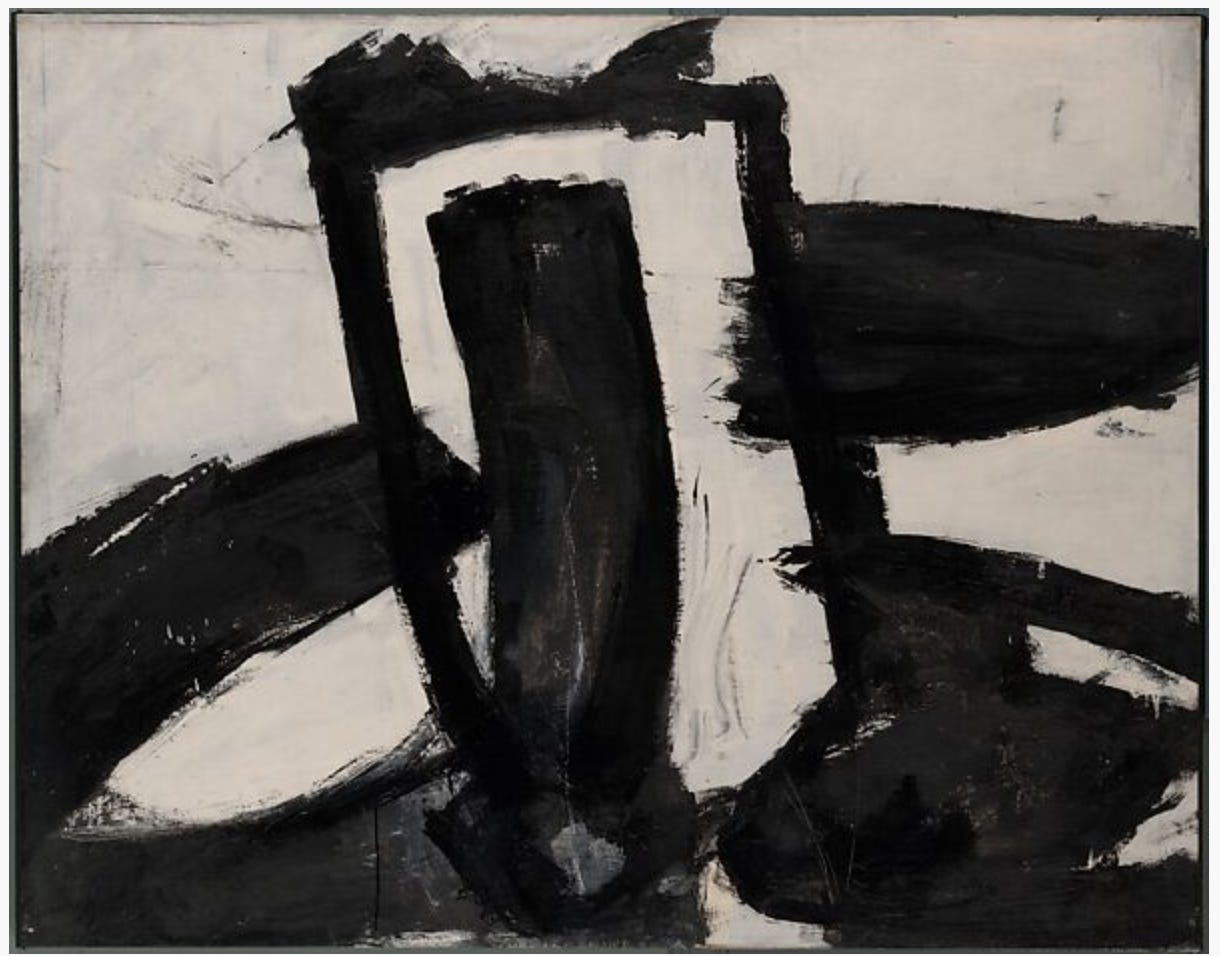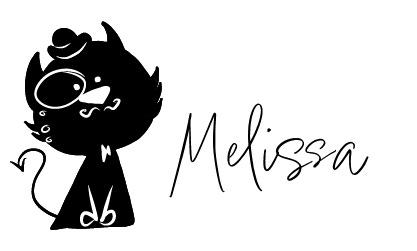Fear and Noise in 2025
Remembering what it's like to think for myself through ritual, meditation, redefined responsibility, and zoning out
After I published my last article, on deleting my traditional social media accounts two years ago, it took about 48 hours until something felt off.
After all, I had reclaimed my time previously spent on social media, but I still had:
The tyranny of my to-do list
The never-ending News cycle
24/7 work email and text inbound
Oh, you know, just this entire collective 2025 environment of fear and anxiety
I’ve been quiet for the last three months because I’ve been trying to hear myself think.
The reality is that, even after deleting traditional social media, I still receive more daily information than any human being has before in history. And so much of this information encourages me to resist or optimize my present reality.
It’s not only overwhelming my evolutionarily unprepared body; it’s drowning out my intuition.
So, I decided to put down writing and analyzing (two of my favorite things to do!) and for the last three months, I've tried out just being and feeling (two of my not-so-favorite things, if I’m being honest.)
Deleting social media was critical. Without that silence, I wouldn’t have even detected the fire alarm my body was pulling amid the signal storm. This was manifesting as tension in my jaw and shoulders, fatigue, panicked and scattered thoughts, an inability to focus, and catastrophizing events.
But it was just the first step in a series to regain my mental sovereignty and rebuild my capacity to hear.
Here are some things that have worked for me over the last three months:
Adopting Rituals for Rest
Unlearning: Rest must be earned. The only real way to earn rest or peace is to have nothing left on my to-do list.
I was inspired to adopt a ritual for rest after hearing Mirabai Starr, who has translated many of the female mystics, speak on Shabbat, a weekly Jewish day of rest practiced from sunset Friday to sunset Saturday:
“Gather your burdens in a basket in your heart…When you wake, the basket will still be there, but half its contents will be gone, and the other half will have resumed their ordinary shapes and sizes, no longer masquerading as catastrophic, epic, chronic, and toxic.” - Mirabai Starr, Wild Mercy
For my own version of a day of rest, I decided to forgo my digital devices and take a break from my to-do list for one day. Anything that needed to get done would be moved to tomorrow, including paying bills, chores, and writing. I also decided to reschedule any purchases, challenging workouts (restorative or walking was fine), and draining people to another day.
As it turns out, the first thing my brain decides to do when contemplating a full day of rest is to go into full-blown panic.
It was almost comical to watch my mind race through my to-do list and hold each task up to the sun like Simba on Pride Rock: You haven’t forgotten about your car registration, have you?! Or you will receive a fine, and if that’s not enough motivation, maybe your car will be taken away forever, permanently! You never know!
No wonder I was so fried. I think if my brain could ship me to an inpatient facility to get back to work, it would have.
The strangest thing was that the to-do tasks my mind grasped for even included books on my shelf or a TV show on my list. Stuff I had added because I thought I would enjoy them, but now they were resembling obligations.
In the end, I spent the day making breakfast, later a sandwich, taking a long walk, journaling, skimming through a few books, and catching up over drinks with a friend.
Without the looming shadow of what I should be accomplishing and the accompanying obligation to rush through so I could tackle the next thing, I could stay inside each moment long enough to savor it.
When you define yourself not by who you are but by what you accomplish and consume, you lose the ability to savor.
You lose the ability to savor.
That’s not a casual casualty! That’s a pretty significant upside of this whole being-human adventure. It’s no wonder that when you lose that ability, it takes more and more accomplishments to satiate your appetite for meaning and fulfillment.
Meditation
Unlearning: My current filter of how I see the world is fixed (for the most part), and the door to the control room was locked after childhood. The only way to change it is long, grueling hours of talk therapy and self-analysis that will barely move the needle.
It cannot be overstated how much of a beginner I am at meditation and how much I’ve actively resisted it up until now.
I used to believe meditation’s goal was total dissociation from your surroundings, which didn’t interest me much.
Instead, of course, it’s the opposite. It’s being fully present and grounded.
Even by being the most basic bitch of meditation and using my company-reimbursed Headspace app each morning, I realized the loudest outside noise was starting to fade away a bit. At the same time, someone had slowly turned the dial of my internal volume between their thumb and forefinger just a few notches to the right.
It felt, in a way, like trading a flashlight of consciousness for a lantern. Instead of a single beam of focus, everything around me was just a little sharper and more illuminated.
Michael Pollan, the author of How to Change Your Mind, gave a talk recently in which he mentioned that sensory deprivation practices, like meditation, can have a similar impact to psychedelics in triggering mystical states. It can even fundamentally change your core concept of self by creating the perfect conditions to reopen the "critical learning periods” previously thought to be locked after childhood, enabling real psychological rewiring.
The idea that anything could crack open a locked door, especially one that leads straight into the control room of the self, where all the switches and wires live, is exhilarating to me.
I’m not there yet. I haven’t had any self-shattering breakthroughs.
But I did realize that when I exhale, I cling to my breath like it’s never coming back. That insight led me to realize how much my thoughts and physical experiences were mirroring each other. I was completely lacking faith in the future, and that was physically impacting my body’s ability to nourish itself in the present.
Zoning Out in Nature
Unlearning: Relief can only be earned through analyzing and must be mapped to a conscious idea.
I’ve always been visually fascinated by the naturally occurring geometric fractal patterns in flowers, branches, and leaves.
Then, I read that EEG studies had found gazing at fractal patterns in nature can reduce stress by up to 60%. The leading theory is that human brains process fractal patterns with significantly less cognitive effort than non-fractal visuals, because we’ve evolved to recognize our natural surroundings as our visual baseline.
Being in predominantly artificial environments now is where we’ve deviated from the norm. We’re constantly surrounded by visual patterns our brain detects as unnatural.
It might be why Biophilic design, which incorporates natural elements and patterns, is having a moment. You’ll see it most commonly in Singapore, a city known for its futuristic, innovative architecture.
I work in a pretty typical office park, but luckily, it does have a view of the waves in the harbor, even the occasional windsurfer, and a small running path that’s bordered by flowers and berry bushes.
It sounds crazy that looking at leaves can enable me to be more patient with my coworkers, but it is genuinely a split-second relief. It’s like a cool compress for my mind.
Localized Responsibility
Unlearning: If I am privileged, it is my responsibility to respond to any bid for help or ambient ask that comes across my path.
It didn’t sit right with me to have a list of self-care methods and none addressing caring for others. I’ve spent the last few months grappling with my sense of responsibility around care. After all, it should be a simple task to help out a friend.
But when the internet can so easily pipe in all the world’s suffering, in high definition, care becomes an unsolvable equation.
Trying to contemplate it, much less solve it, drains you. And afterward, you’re left depleted to help out your friend.
And the worst part of it is that nothing was solved by my feeling all that collective suffering! It hasn’t gone anywhere, and if you’re like me, you haven’t done anything that helped anyone besides maybe post something for awareness.
I think of it like this: If I decided to personally carry the US economy on my back by extending myself, at every given encounter and opportunity, to further GDP, it would be rightfully seen as absolutely fucking demented.
Instead, I have a job with narrowly defined expectations of what I’m responsible for (.00001% of the economy, at best) and what it isn’t (99.9999% of the economy).
I rarely see it acknowledged how profoundly limited each person’s daily capacity for resistance is.
As I thought about how to help others and not go insane in the process, I had two frame of references from my past, times when I was the most involved and closest to the action: pro-bono consulting for non-profit organizations (NGOs) and a market research trip abroad with an anthropologist, studying individuals who earn less than $1 per day.
With the first, I spent hours de-escalating fights between retired, wealthy NGO board members throwing temper tantrums over what the organization's name should be and why the battered women didn't want to use their shelters. Why did they keep going to the one across town?
With the latter, I saw shipments of US donations end up in remote locations where there was absolutely zero chance they could be transported to their final destination. The roads could barely accommodate a bicycle, never mind a semi-truck.
On the ground, everyone was exasperated and amused by these people who wanted to help but knew nothing. And didn’t even bother to ask!
It was the most comically inefficient way to approach solving a problem - in short, these organizations frequently delegated strategy to the person with the most limited insight and information. The decision-maker, the one who controlled the purse strings, was also usually the one furthest removed from the cultural context and ground operations, sitting in an office tower somewhere in the continental United States.
I just don’t buy into the idea that it helps the world for me to overextend my compassion to where I can’t follow closely behind it, so instead, I’m going to choose one local, ideally city-level cause that I feel called to:
Something I care about and believe in
Where I can be on the ground and within sight of the population I’m serving
One where I am a direct witness to either the impact or the unintended consequences of what’s happening
Once this is defined, I’m going to absolve myself of the responsibility to be on the hook for anything else, including all ambient asks that drain my capacity:
I’m clicking “no” to the button that asks me to round up my purchase at every single store now
I’m politely saying no and walking by anyone on the sidewalk who is busking for donations
I’m scrolling past bids for donations and re-posts, because I’ve already earmarked my available time and money
I felt a huge sense of relief in reframing that this insatiable grasping need can be met by focusing on the small and the close, rather than by constantly failing to meet the overwhelming, vast, and unknowable.
-
I’ve realized, as I’ve slowly incorporated each of these practices, that intuition is a two-part process.
The first step is cultivating enough space and stillness to drop in and attune to its frequency.
The next step is trusting its guidance.
I’m still very much a beginner in both regards, but watch this space.
And, please let me know if you try any of these methods. I’d love to hear about your journey, your insights, and any other promising practices you’ve developed.
And that’s all she wrote (for now).
Thank you to , , and for editing an earlier version of this article.
Thanks for reading The Devil You Know! Let’s keep meeting like this.
I’m:
Listening to “Sorry I’m Here for Someone Else” by Benson Boone
Reading Breath by James Nestor
Watching ‘Mountainhead’





I'm glad I was exploring your page and found this. I often get stuck with the options, especially around “doing good.” The rounding up every transaction thing has bothered me, and I think you helped me understand why. It’s relentless, and that's annoying, but I'm detached from the cause. Detached from the good. “Does it even do good?”
Where I most connected was choosing one place, ideally local, to serve. To commit to and share my time, resources, and voice.
I just contacted two friends who work with refugees and Spanish speakers learning English and asked if I could help.
Thank you.
Breath is an awesome book